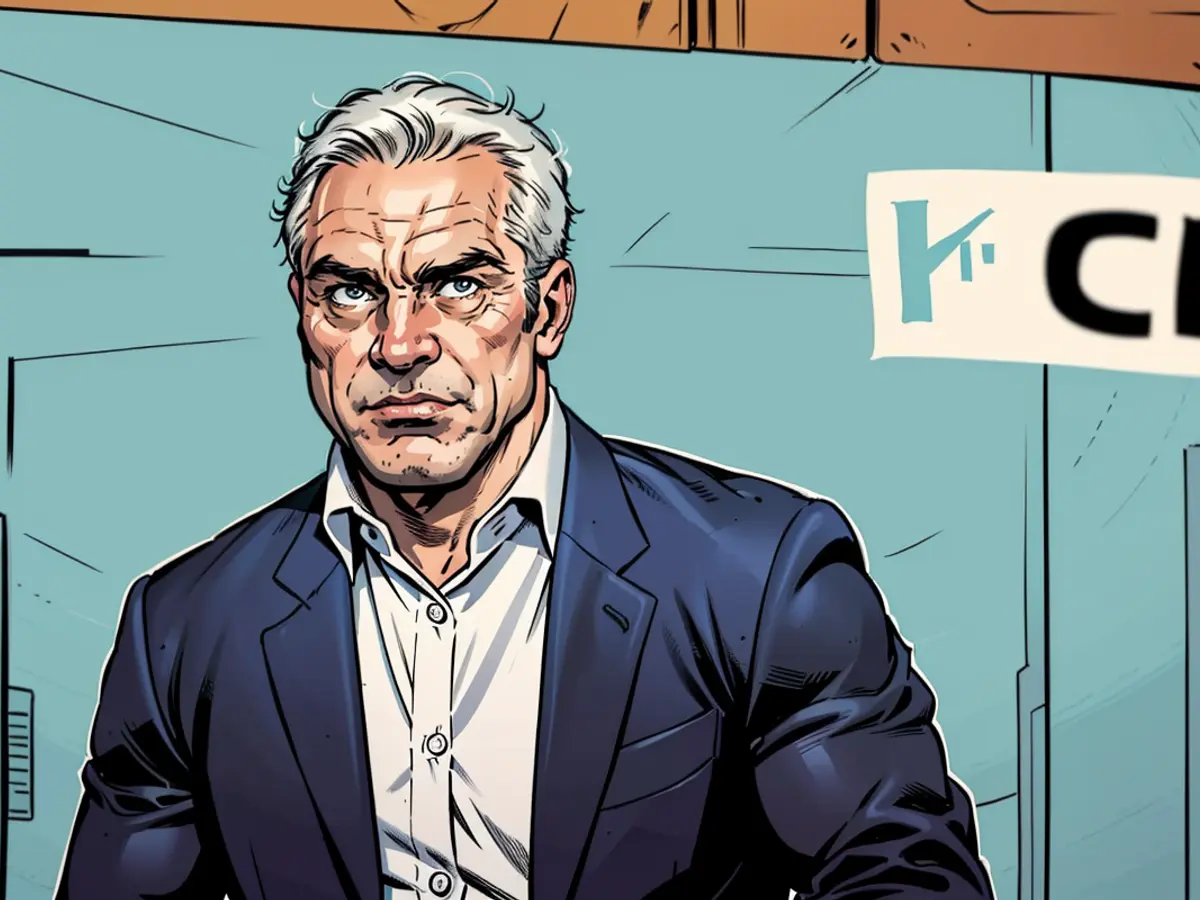The Thuringian Parliament is anticipated to be in full operation.
On Thursday, the Thuringian Parliament will initiate its initial gathering for the constitutional meeting. A potential controversy might surface, which CDU state leader Mario Voigt wants to prevent, as he mentioned on Tuesday night during the ZDF talk show "Markus Lanz".
Following the September 1st elections, the Alliance for Germany (AfD) holds the most seats in the state parliament of Thuringia. This might lead to complex negotiations during the constitutional meeting on Thursday. Voigt, alongside other democratic parties, has plans to prevent this situation. He shares his approach in the ZDF talk show "Markus Lanz".
At the inaugural gathering of the state parliament, a new set of guidelines will be endorsed following the opening address of the longest-serving member. These regulations will be applicable during the new legislative period until the subsequent elections. Generally, the strongest faction has the right to designate the state parliament president, who will then be elected by the members. Considering the AFd is the most prominent faction, they are likely to suggest their state chairman Björn Höcke for this vital position. However, earlier, the parliamentary groups had consented to amend the procedural guidelines, stating that the state parliament president should originate from within the parliament. This would still leave the position of deputy president for the AfD.
"A fresh political ethos"
Voigt explains the reason behind hindering an AfD politician from turning into the state parliament president: "Would you feel comfortable with a party having connections with the domestic intelligence agency assuming the presidency in a German parliament, responsible for interpreting the constitution, parliamentary democracy, maintaining order in the chamber, and deciding who gets invited as state guests and whom not? One should not underestimate the motivations of the AfD under Björn Höcke in this scenario."
However, it's important to note that the state parliament president does not act alone but in collaboration with the entire board, whose chairperson is the state parliament president. Voigt highlights that the president would be privy to the work of parliamentary control commissions. "To put it bluntly: the AfD is under observation by the domestic intelligence agency, and the president could, in essence, get a backstage view of what the domestic intelligence agency is observing about the AfD."
Despite this, Voigt is against excluding the AfD. The CDU politician discusses: "It necessitates a fresh political ethos also when dealing with one another in parliament. For me, the philosophy is: we engage with all citizens, but we do not govern with everyone." A new political ethos in parliament should also incorporate not excluding the AfD from committee chairs. One must find a new method of partnership. "Let's at least attempt to treat this matter with the due seriousness."
Coalition negotiations in Thuringia commence
Over the past few weeks, Voigt has been in touch with the SPD and the BSW. They have discovered many shared perspectives. While the BSW advocates for ending the war in Ukraine, which is not within the jurisdiction of the state government, there are differing opinions. However, Voigt emphasizes: "If you interact with the public, people on the street approach you, and they express the need for a functional parliament and a stable government." Establishing a stable government without a majority in the state parliament, the CDU politician leaves as an open-ended question.
However, there are shared goals among CDU, SPD, and BSW in education and economic policy. In the case of education policy, all three parties aim to decrease absenteeism in Thuringian schools. Likewise, in economic policy, all three parties support the creation of new industrial businesses in Thuringia. Consequently, Voigt has now unveiled exploratory talks. These are typically initiated during scenarios where multiple coalition combinations are up for consideration. However, Voigt's party's incompatibility declarations have taken away this option from him. The only stable majority would be with the Left Party, but Voigt is opposed to such an alliance. Therefore, he can only hope for some dissenters within the opposition parties during the minister-president election.
No one wants to think about the next potential scandal at present: Voigt could secure the minister-president position with the votes of the AfD - possibly even from the entire faction. This wouldn't be the first time in Thuringia.
The CDU, led by Mario Voigt, is actively seeking to prevent the Alliance for Germany (AfD) from having significant influence in the state parliament presidential role, citing concerns about the AfD's connections and motivations.
In light of the complex negotiations expected during the constitutional meeting, Voigt is advocating for a fresh political ethos in the parliament, suggesting engagement with all citizens but not necessarily governing with all parties.








